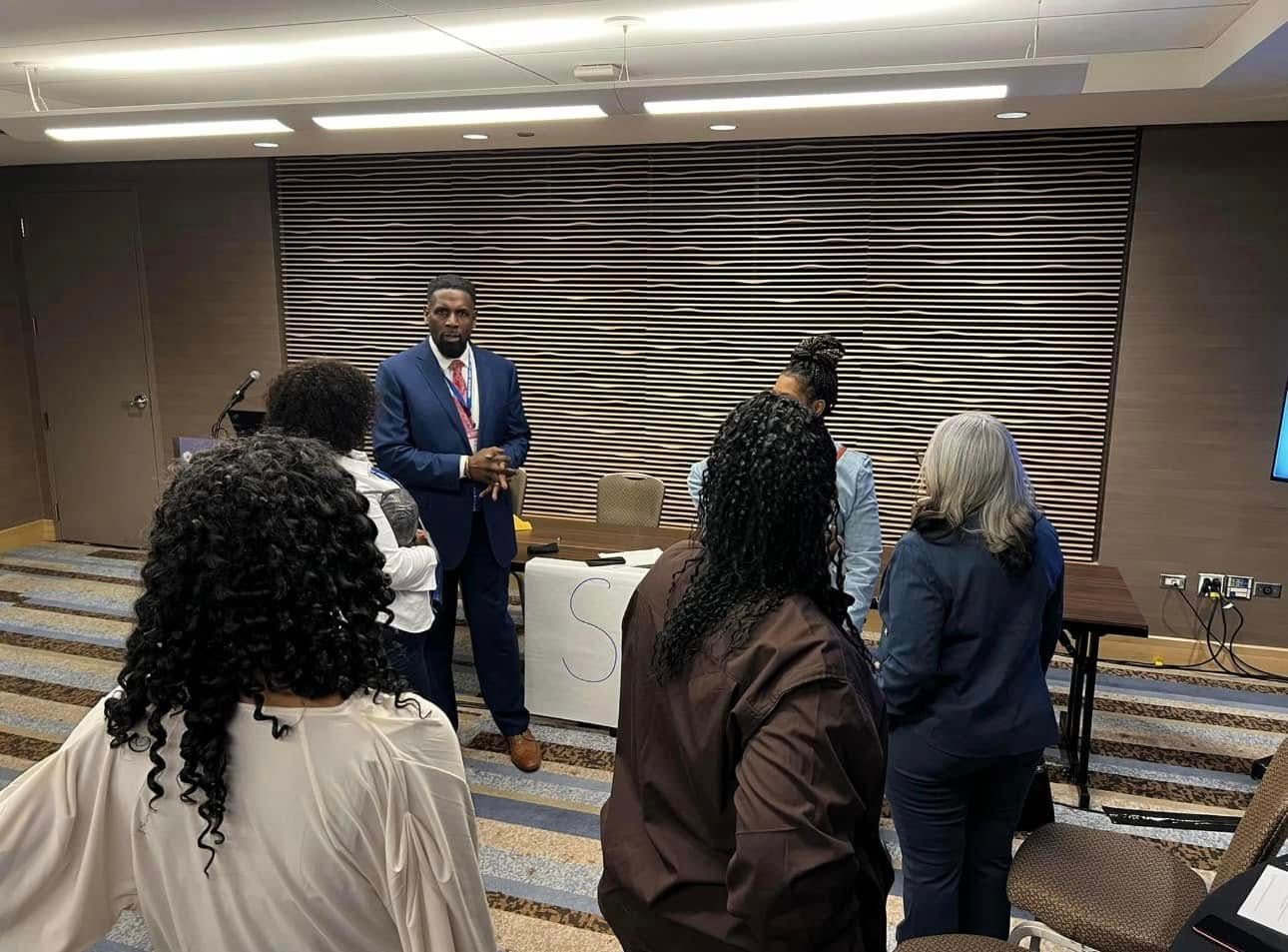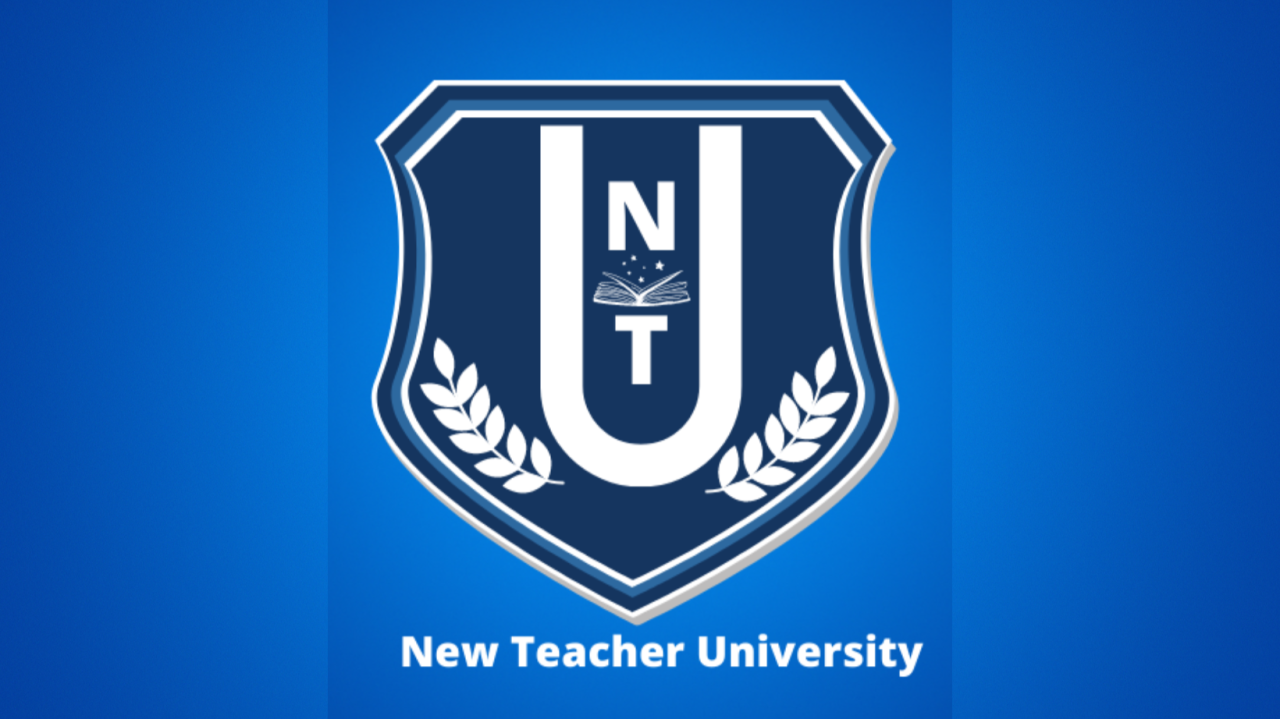The Intentional Leader: Why Emotional Intelligence Is a Daily Practice
Leadership has been a part of my life for as long as I can remember. Before I knew the term emotional intelligence, I understood that leadership meant showing up for others, even when it wasn’t easy, even when no one thanked you.
As a class president, vice president, and treasurer, I learned that leadership wasn’t about titles—it was about responsibility. As a co-captain and later captain of the football team, I realized that a leader takes more hits, absorbs more pressure, and stays composed so the team can stay focused. When I became a platoon leader in basic and advanced military training, I saw firsthand that leadership is about setting the tone, staying steady under pressure, and knowing that others look to you for direction—even when the path is unclear.
Later, as a principal, I had to be intentional not just with my words but with my movements because in leadership, someone is always watching. The way you handle stress, the way you respond in difficult moments, and the way you treat others—these unspoken actions define you more than any speech ever will.
At its core, leadership is emotional intelligence in action. It’s a daily practice, not a talent you inherit. It is the foundation of trust, collaboration, and influence. Without it, leaders struggle to motivate teams, navigate conflict, or inspire lasting change.
So, what makes emotional intelligence a habit rather than just a concept? And how can leaders practice it intentionally?
1. Self-Awareness: Leadership Starts with You
Great leaders know themselves first before leading others. They recognize their emotional triggers, communication patterns, and leadership blind spots.
- Daily Practice: Before making a decision or responding in the moment, ask:
- What emotions am I bringing into this situation?
- How will my tone, words, or body language impact others?
- Am I reacting emotionally or responding with clarity?
Self-awareness isn’t about suppressing emotions—it’s about understanding them so they don’t control your leadership.
2. Adaptability: The Right Response at the Right Time
Rigid leaders demand that the world adjust to them. Emotionally intelligent leaders adjust to the moment, the people, and the energy in the room.
- Daily Practice: Read the room before you react.
- A frustrated team member doesn’t need a solution first—they need to feel heard first.
- A disengaged employee doesn’t need a lecture—they need a challenge they can rise to.
- A high-performing team doesn’t need constant direction—they need trust and autonomy.
Being adaptable means knowing when to push, when to pause, and when to pivot.
3. Empathy: Leadership Is a Two-Way Street
Empathy isn’t just about kindness—it’s about understanding before judging. Leaders with emotional intelligence don’t just hear words; they interpret the emotions behind them.
- Daily Practice: Ask before you assume.
- “Tell me more about what’s on your mind.”
- “What’s the biggest challenge you’re facing right now?”
- “How can I support you today?”
A small moment of genuine understanding builds trust faster than any motivational speech.
4. Emotional Regulation: Mastering the Pause
Leadership is pressure. You will face challenges, setbacks, and difficult conversations. But emotionally intelligent leaders don’t let emotions dictate their leadership—they manage emotions to strengthen it.
- Daily Practice: Master the pause before reacting.
- Before sending that frustrated email, ask: “What outcome do I really want?”
- Before shutting down an idea you dislike, ask: “What value might I be missing?”
- Before assuming negative intent, ask: “Could this be a misunderstanding?”
The most powerful leadership tool isn’t control—it’s composure.
5. Influence: Leadership That Inspires, Not Commands
Emotionally intelligent leaders don’t lead by fear, force, or ego. They lead by example, trust, and consistency.
- Daily Practice: Model the behavior you want to see.
- If you want a culture of accountability, be the first to admit mistakes.
- If you want a team that communicates openly, create space for discussion.
- If you want people to bring solutions, not just problems, empower them to lead.
Leadership is never about titles or authority—it’s about the impact you leave behind.
Final Thought: Emotional Intelligence Is Leadership in Action
I didn’t know I was practicing emotional intelligence when I first started leading. I just knew I had to be intentional. I had to carry more weight, take the high road more often, and stay composed even when I didn’t feel like it.
Emotional intelligence isn’t a skill you check off a list—it’s the way you show up, every single day.
What’s one way you practice emotional intelligence in your leadership? Drop your thoughts in the comments.
#Leadership #EmotionalIntelligence #GrowthMindset #HighPerformanceTeams #LeadershipDevelopment #NewTeacherUniversity #TeachersAreLeaders #EmpoweringEducators #TeacherSupport #EducationMatters #TeachingStrategies #EdChat #TeacherLife #NewTeacherTips #EduLeadership #ClassroomSuccess #TeachingCommunity #ProfessionalDevelopment #EdTech #InspireEducators #LearningTogether #TeachAndInspire #EducationReform #EmpowerTeachers #TeachingExcellence #FutureOfEducation #TeacherTalk #EducationPodcast #TerryRossMemphisTN #TerryRossPrincipal #DrTerryRossNewTeacherUniversity #FYP #FYPviral




